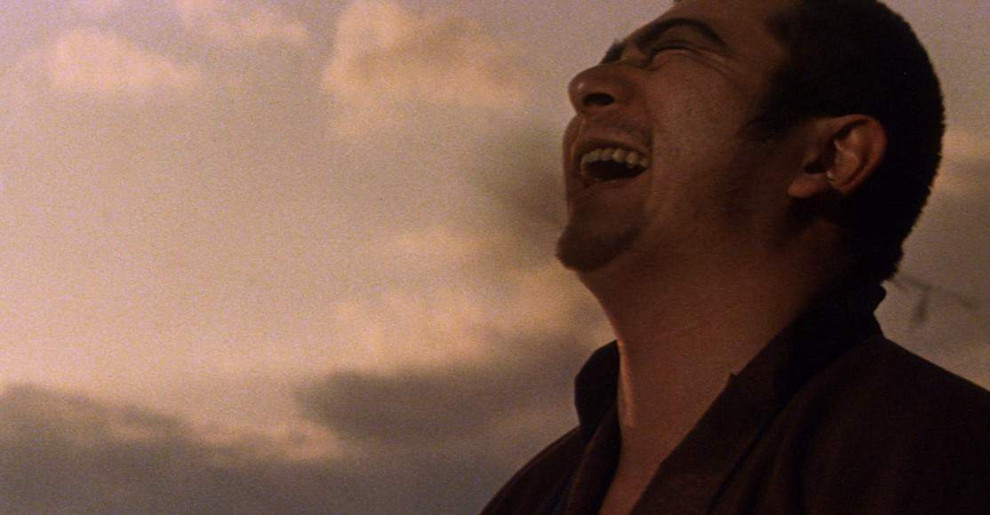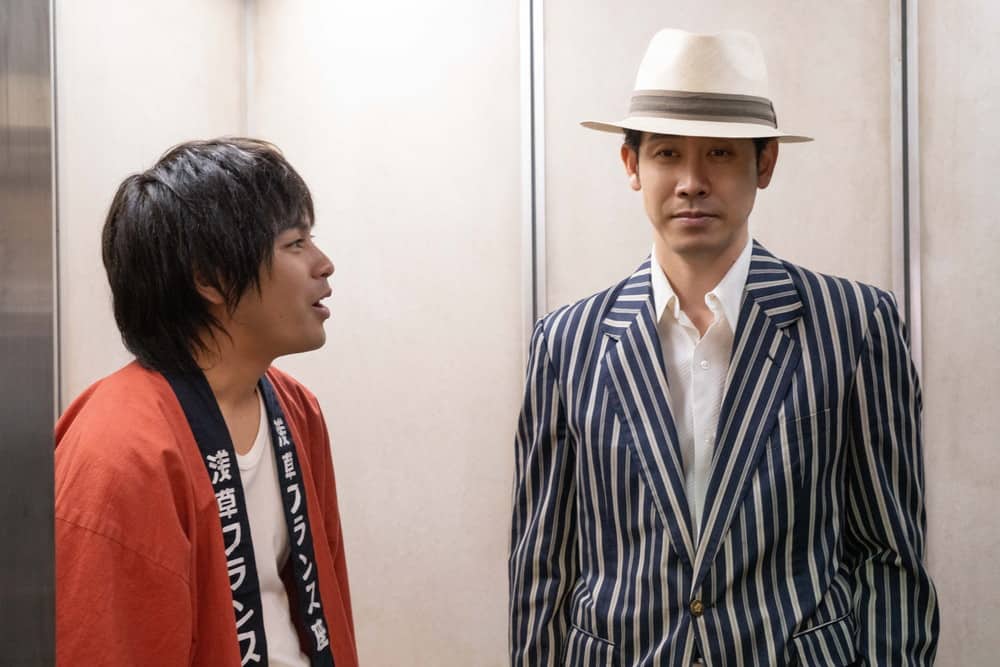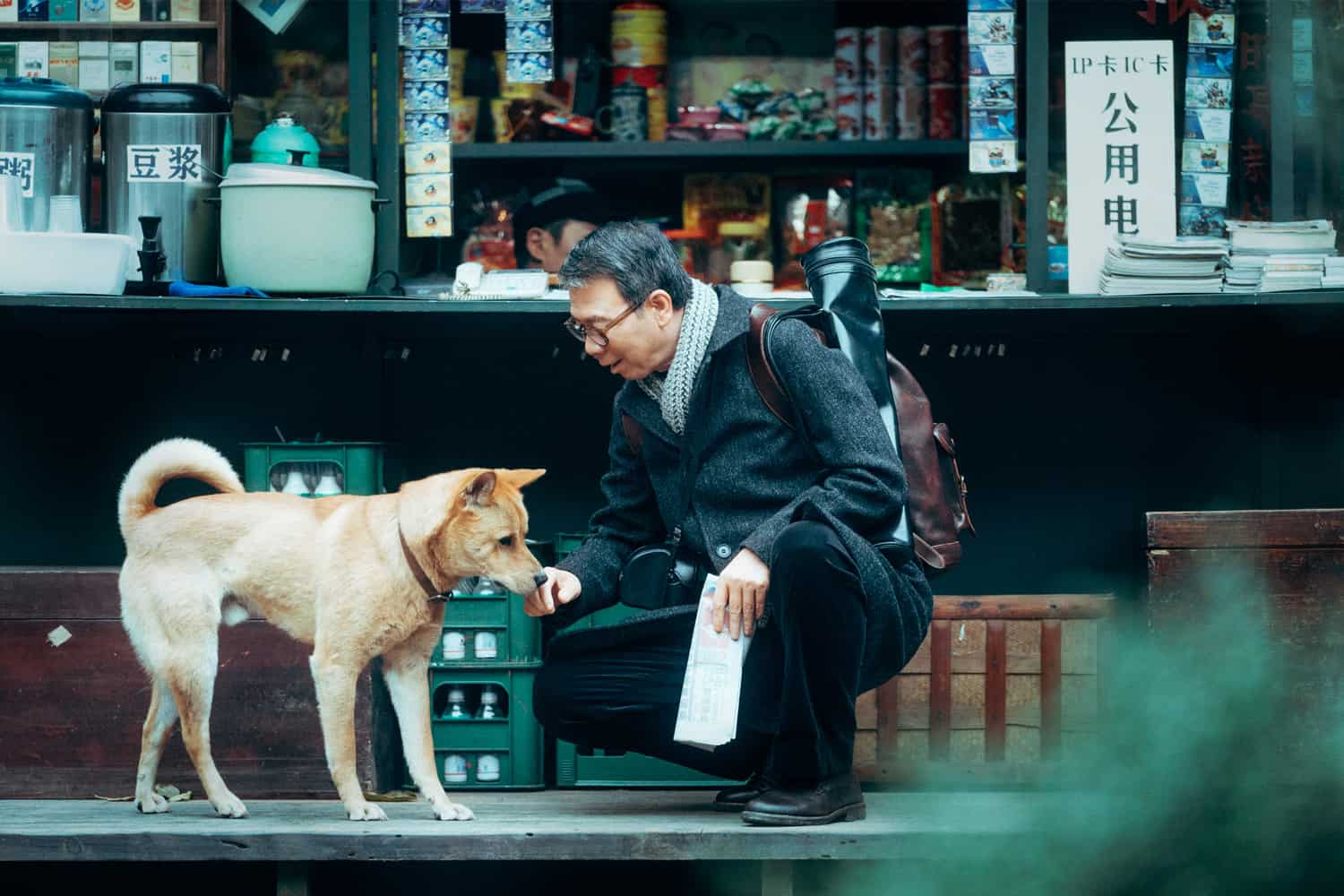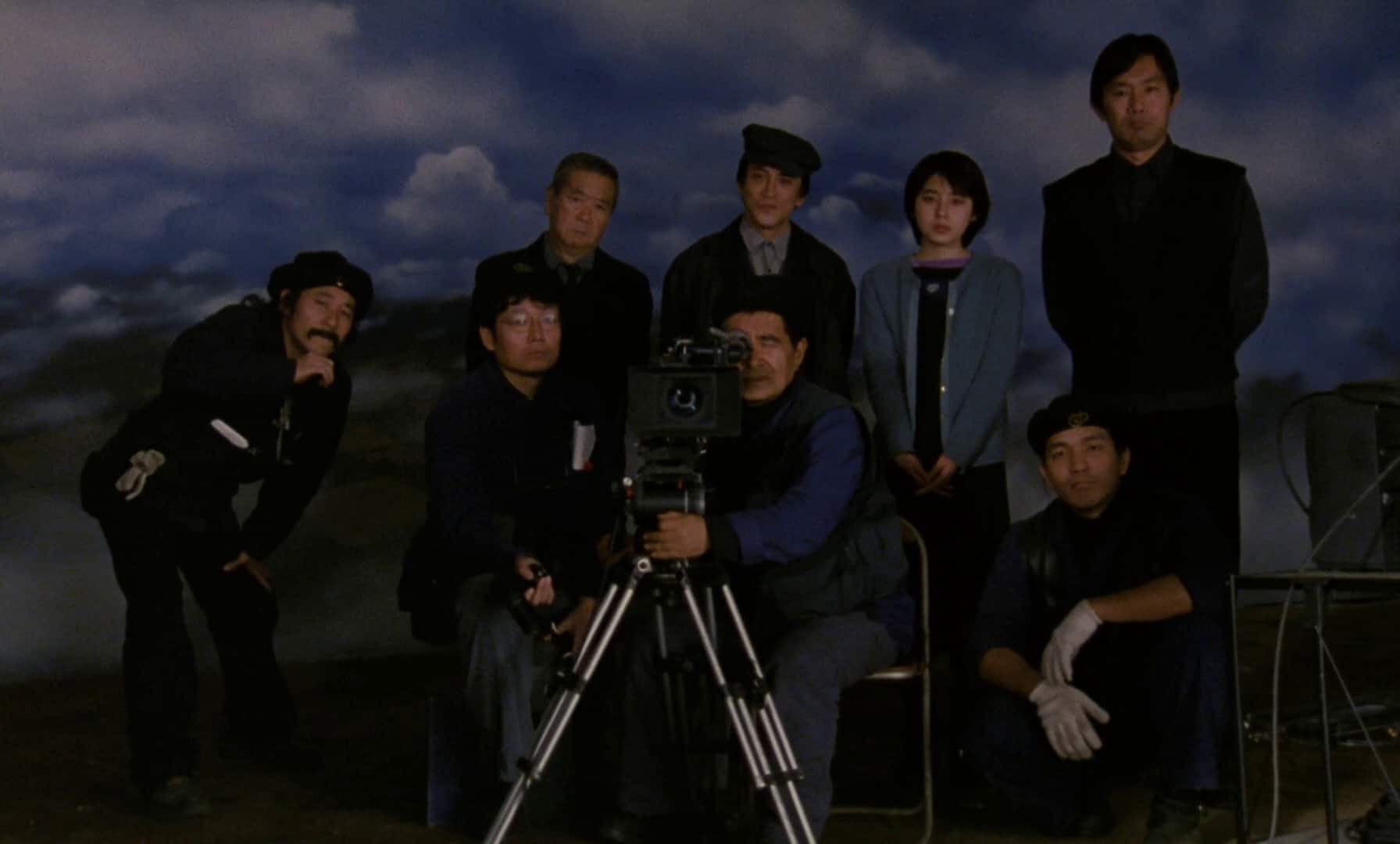As the immensely successful Zatoichi-franchise enters its ninth installment, there is always the question of what can be done further with a character that was so beloved and popular with a wide audience. Whereas the information about the blind masseur and master swordsman has been sparse for many films in the series, Kenji Misumi's “Fight, Zatoichi, Fight!”, which was released in the same year as Kimiyoshi Yasuda second film within the overall series, gives more hints as to the story behind the character, played by Shintaro Katsu. Although fans of Katsu's role might certainly applaud the idea, there is always the danger of giving away too much and making the character banal and rather boring. However, similar to Misumi's previous film in the franchise, Yasuda's movie manages tell an entertaining story containing the famous trademarks of the series while also adding a few strokes to the portrayal of its famous core character.
Buy This Title

However, the beginning of “Adventures of Zatoichi” offers the all-too-familiar sight of Zatoichi wandering the Japanese landscape, this time on his way to the village of Kasama in hopes of finding work and a place to rest for a while. After a bit, his journey is interrupted by a man asking him to bring a message to a young woman named Osen (Eiko Taki) who works at an inn in Kasama. As he finally enters the village, the blind masseur learns about the preparation for the New Year's festival which brings many businessmen to Kasama, an event overshadowed this time by a yakuza gang led by Jinbei (Kichijiro Ueda) raising the vendor's tax.
Even though he originally wanted to stay out of the fight, the story of a friend of Osen's, Saki (Miwa Takada), convinces Zatoichi to find out about her missing father and the possible connection of his disappearance to Gorata Kajima (Akitake Kono), an influential magistrate and business partner to Jinbei. Eventually Zatoichi uncovers a scheme, planned by Jinbei and Kajima, against the vendors and the families of the two girls, but also meets an old man who might possibly be his father.
On the surface, “Adventures of Zatoichi” follows a structure that is quite familiar to those who have watched the previous installments of the series. The civilized and busy shape of the village we see is quickly unveiled as a place with underlying power structures, an exploitative hierarchy controlled by the wealthy and powerful, and naturally which only serves them. Violence and extortion seem to be arbitrary means to demonstrate aforementioned power, a mechanism resulting in a quick, but ultimately fruitless uproar of the people. Two wandering comedians even poke fun at this reality through an act of slapstick humor.
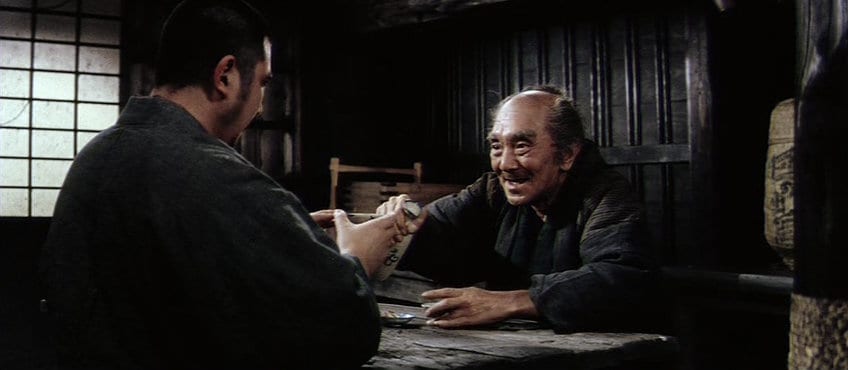
However, there is always the possibility of escaping this sheer never-ending circles. For Zatoichi this escape lies in the possibility of settling down, of finding a (temporary) place to stay and have a meal as well as having a (surrogate) family. Frequently in this film, Katsu's character repeats how the new year also symbolizes a new beginning, a “new start”as he says, which interestingly coincides with him meeting an old man played by Tomosaburo Ii, whose story of how he arrived in Kasama bears striking similarities to Zatoichi's memories of his father, or at least the bits and pieces he was told. In the end, while we also have plenty of scenes showing Zatoichi's masterful skill with the cane sword, there is also the notion of hope in his actions, again emphasized through Katsu's emotional portrayal of the character.
At the same time, Yasuda's direction along with Shozaburo Asai's script constitute the idea of father figures and family throughout the whole film. The loss of one's father, as we can see from the stories of the female characters in the film or the lonesome hired sword, played by Mikijiro Hira, leaves these characters in a somewhat undecided state and often adds to the tragedy within their lives, a feature further emphasized by their performances.
“Adventures of Zatoichi” is the ninth installment into the Zatoichi-franchise. While employing the familiar features of the series – impressive sword-fighting, humor and the themes of hierarchy and exploitation – Kimiyoshi Yoda's films also reminds us of the tragedy and emotionalism of a character like Zatoichi.


